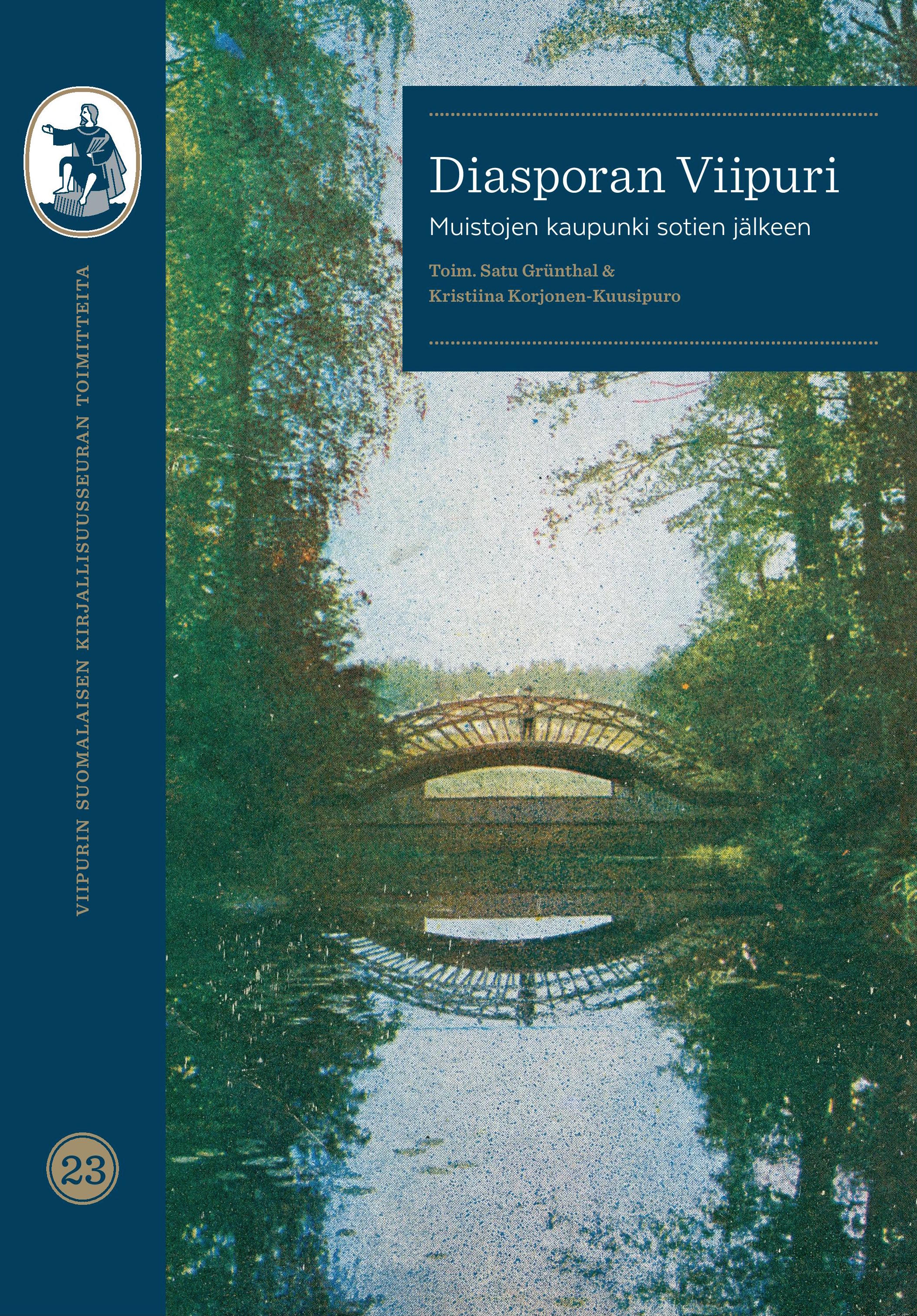Karjala kulttuurisena traumana Suomen teatterissa
DOI:
https://doi.org/10.47564/vskst.113646Abstract
Karelia as a cultural trauma in Finnish theatre
This article asks how Finnish-language theatre and plays have depicted ceded Karelia and reflected the feelings of the Karelian diaspora. The theatrical art- form is understood as a dialogue between narratives intended for the commu- nity and the reception they receive from them. The article examines the ways in which theatre participated in dealing with the cultural trauma of the diaspora. The changing political climate in Finland and Russia, as well as the ambivalent relationships of the post-war Karelian generations with the traumatic narrative of the older generation, allows three periods to be distinguished: 1. The stage of harmony, longing and nostalgic drama (1940–1965), when the focus was mainly on lost era; 2. The phase of conflicting Karelian orientations (1965–1990), when the influence of the Soviet Union on public debate and interpretations of history was at its strongest; and 3. The stage of consolidation of the Karelian narrative (1990–2020), when epic theatre covering all the war years was performed in Fin- land dealing with forced departure and adaptation, now from the perspective of the evacuees’ own experience and Finnish interpretation of history.





